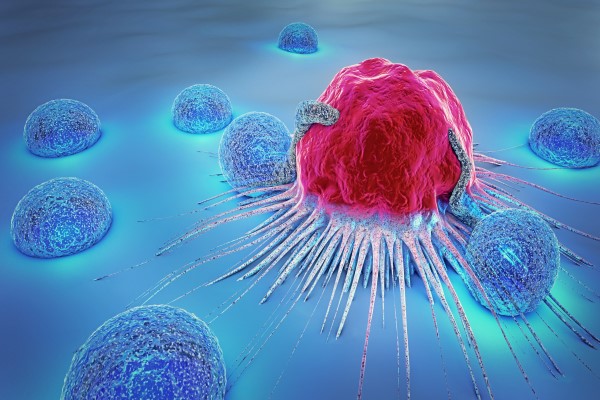What Is a Tumor? Ask an Oncologist

If you have a tumor, your oncologist is the right person to visit for help. This medical professional will tell you what type of tumor you have and how to treat it. You should also educate yourself and understand the difference between a malignant and benign tumor. It is also helpful to learn how tumors develop and what the outlook is if you have one.
A brief explanation of tumors
Cells in the body die all the time. New cells divide and replace these when this happens. However, when cells divide uncontrollably and serve no purpose, a mass of tissue known as a tumor can appear. This can occur just about anywhere in the body. Sometimes, a person can feel or see the tumor. In other cases, the person may feel pain and discomfort in the area, and the oncologist will detect it using imaging tests.
Benign tumors
A benign tumor is a non-cancerous mass or lump. These can grow and spread but will do so slowly. In most cases, however, benign tumors do not grow and do not reappear if removed. These are generally not harmful either unless they are pressing upon a vital organ. Treatment for health reasons may not be necessary, though the doctor can surgically remove the tumor if the patient desires it.
Malignant tumors
A malignant tumor is a much bigger concern to the patient and oncologist. This type is cancerous and can be life-threatening, depending on its size and location. These tumors can spread quickly to other parts of the body, so prompt treatment is critical. A person may first suspect they have a cancerous tumor due to intense pain in the region.
The oncologist and patient will discuss ways to treat the tumor. Removing it by surgery may be enough to get rid of the cancer. When this is not possible, the doctor may have to use radiation therapy to kill the disease. Chemotherapy is another option for some of the most serious forms of cancer. It may be most effective to use a combination of these treatments.
At-risk activities
Though anyone can get a tumor, some people may be more prone to having them. Certain lifestyle habits such as smoking can increase an individual’s likelihood of having a malignant tumor. Too much exposure to the sun can cause tumors as well. People can reduce their risks of having tumors by eating a healthy diet and maintaining good body weight. An oncologist also recommends limiting alcohol and avoiding exposure to radiation.
Turn to your oncologist
Suspecting or learning that you have a tumor can be stressful. Even benign tumors can be uncomfortable. If you feel or see a lump, visit an oncologist for an examination. If the doctor confirms that you have a malignant tumor, you will likely feel some uncertainty and fear. However, you can have peace of mind that the doctor will develop an effective treatment plan. You can restore your health and look forward to the most positive outcome possible.
Get more information about Lindenberg Cancer & Hematology Center in Marlton at https://lindenbergcancer.com.
Check out what others are saying about our services on Yelp: Read our Yelp reviews.
Recent Posts
When most people think of cancer treatment, they think of chemotherapy. However, this is only one of many treatment options available. An oncologist can provide personalized cancer treatment that aims to remove and kill the cancer, as well as to prevent it from coming out of remission.Cancer treatment is not one size fits all. An…
Anemia occurs in people who lack enough healthy red blood cells and hemoglobin to carry oxygen to each organ. It has many forms and causes, all of which can be short-term or long-term. Fortunately, a hematologist offers multiple treatment options to address all concerns.When one's red blood cells do not work properly, anemia usually follows…
Blood disorder specialist treat and diagnose blood disorders, from anemia to leukemia. Regardless of whether a patient has a cancerous or noncancerous blood disorder, consulting one of these specialists can lead to better health outcomes. A specialist will work to find an effective treatment that prevents the disorder from progressing, as well as work to…
Oncologist are known as cancer doctors or specialists who diagnose and treat various types of cancer, meaning people should not wait until there is a suspicion of the disease before scheduling an appointment. In fact, with cancer, timing is of the essence. Patients with any concerns can learn how regular visits to an oncologist can…


